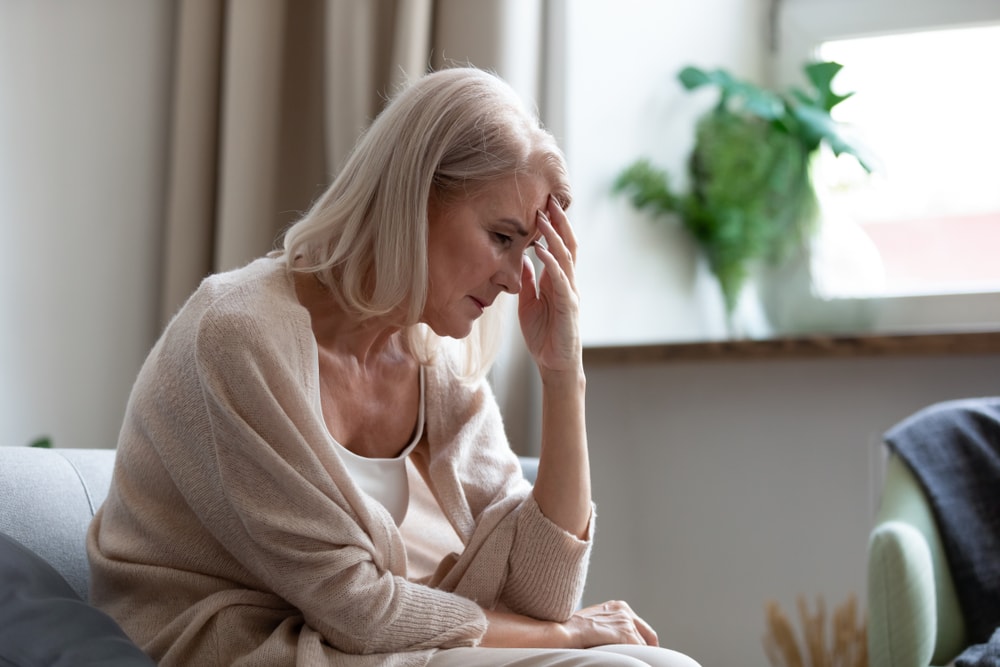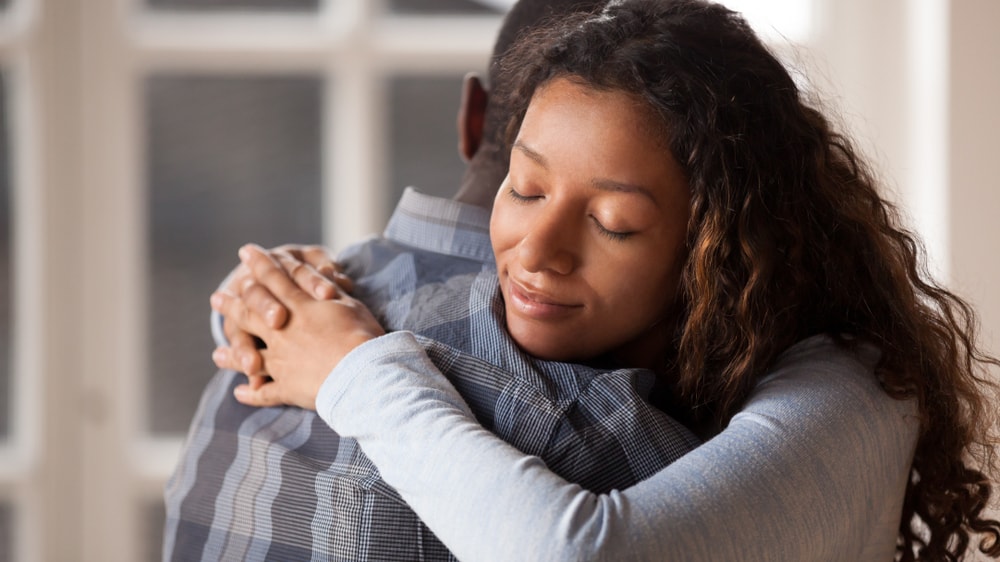You are likely familiar with feelings of grief, but did you know that there are different forms of grief? Of course, the experience of grief is different from person to person, but sometimes “normal grief” can take a turn and become something a little different. The four most common variations are disenfranchised grief, complicated grief, compounded grief, and anticipatory grief. Today, let’s unpack disenfranchised grief and the impact it has on grieving people the world over.
First, What is Normal Grief?
Before we dive into disenfranchised grief, it’s important that you understand what normal grief is. In short, grief is your natural human response to the loss of someone or something you love. The emotions of grief vary greatly – sadness, anger, guilt, relief, shock – but they are all normal responses to loss. As much as you may prefer not to feel or deal with these types of emotions, they are actually a healthy part of the grieving process.
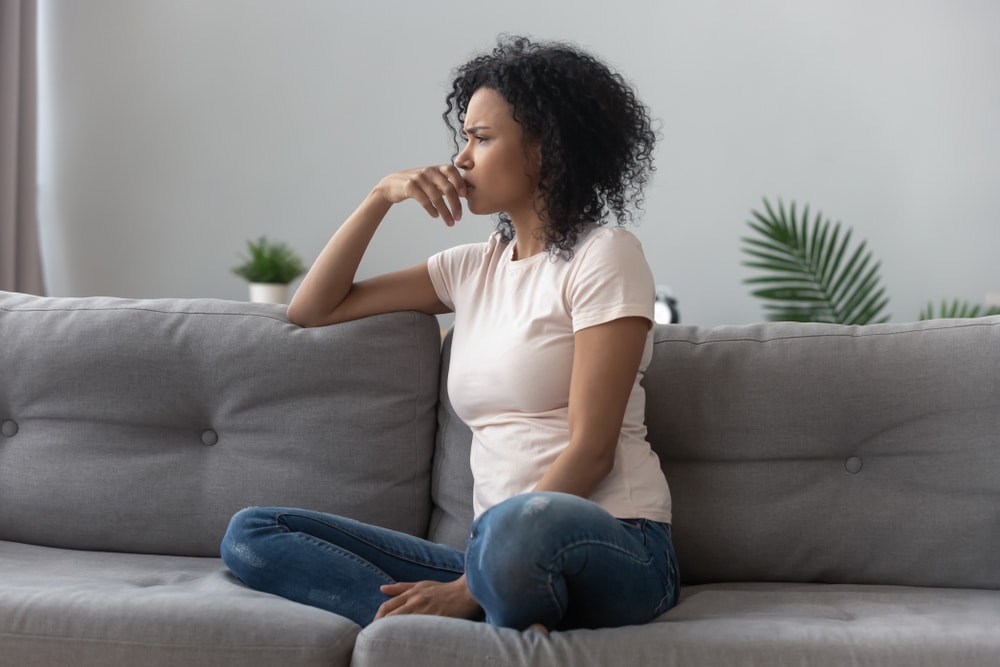
Grief is often accompanied by age-old rituals that bring people together to grieve. We hold hands, offer words of support and love, send cards and flowers, make donations, and deliver hot meals to the grieving family. We stand together to support those who are grieving and give them emotional and physical support as they mourn. But what if your grief was unacknowledged, no one stopped to listen to you, and there were no sympathetic words?
Enter Disenfranchised Grief
First coined by Dr. Kenneth Doka, “disenfranchised grief” is complicated, but put in the simplest terms, it is grief that cannot be openly acknowledged, socially sanctioned, or publicly mourned. Often, the grief is minimized or not understood (either by yourself or society in general or even within a family, friend group, or culture). This element of misunderstanding only further complicates the issue.
When your feelings of grief aren’t acknowledged or are minimized, you may begin to feel that your grief is inappropriate, invalid, or unacceptable in some way. And naturally, when you feel that your emotions are shameful, you are less likely to share what you’re feeling but will instead internalize it. Disenfranchised grief is often lonely, private, and you may feel that there must be something wrong with you for feeling this way.
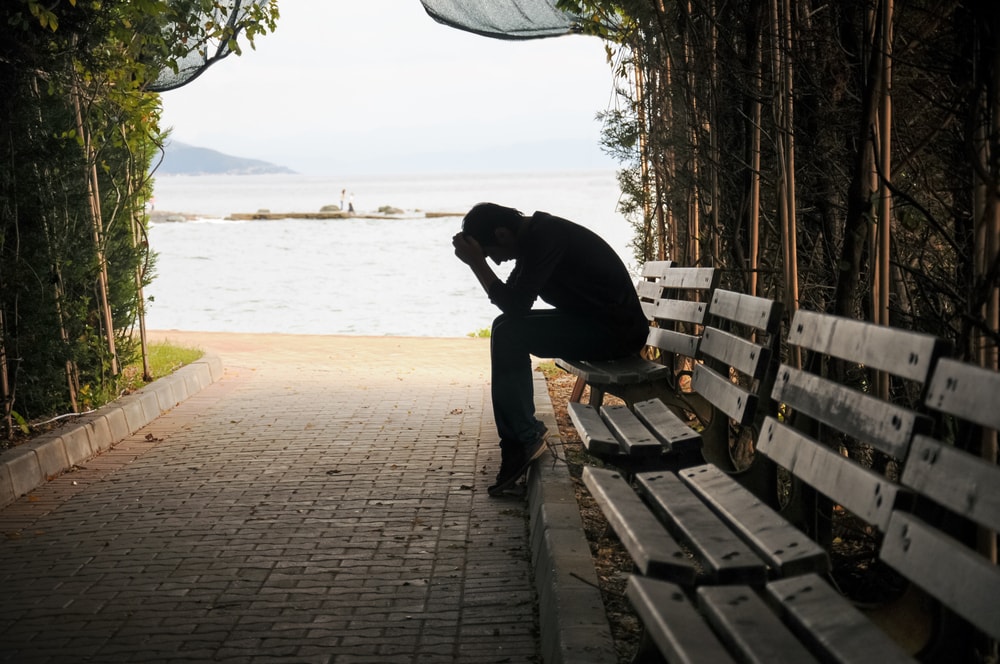
On top of that, disenfranchised grief isn’t black and white; it’s very subjective. Two people may experience the exact same loss, but for one, the loss is openly acknowledged and mourned while for the other, it is minimized. Though they experienced the same loss, for one of them, it was disenfranchised.
To help you get a better grip on this concept, disenfranchised grief typically falls into three buckets. At times, a loss may fall into more than one bucket.
# 1 – The Relationship is Unrecognized
The first bucket is that your relationship to the person who has died is unrecognized. Perhaps the relationship was private or estranged or you are grieving someone you didn’t personally know. In this situation, your loss may not be recognized or understood by others. In some cases, your relationship to the deceased may even be a source of contention and pain to close family members.
With these factors in place, you may feel unable to mourn in the usual way and could end up internalizing the pain because you have no external outlet. When a relationship isn’t recognized, you may not be viewed as a griever so people don’t see or understand the depth of your feeling. A few examples of this are the death of an ex-spouse, estranged relative or friend, celebrity, public figure, or a relationship you kept private.
#2 – The Loss is Unacknowledged or Deemed Less Significant
By far, many forms of disenfranchised grief fall into this bucket. When a loss is unacknowledged (as is the case with many miscarriages) or is deemed less significant (like the loss of a pet), then it falls into disenfranchised grief. Oftentimes, these losses don’t fall into a group’s accepted definition of grief.
Also, disenfranchised grief is fairly subjective. Society may accept your loss as worthy of grief, but your family may not. When your grief is found unacceptable by someone, or even uncomfortable, it may hinder your ability to grieve well and openly, which could cause deep and lasting distress. Some examples of when a loss is unacknowledged or deemed less significant are:
- Miscarriage (or stillbirth, infertility, or a traumatic birth experience)
- Breakups
- Estrangements
- Job loss
- Pet loss
- Divorce
- Death of an adult sibling, step-child or step-sibling, or an unmarried partner
- Grieving the loss of a foster family member
- Loss of possessions or home (i.e. in a fire, natural disaster, etc.)
- Death of a co-worker
- Death of a celebrity
- Deterioration of one’s health
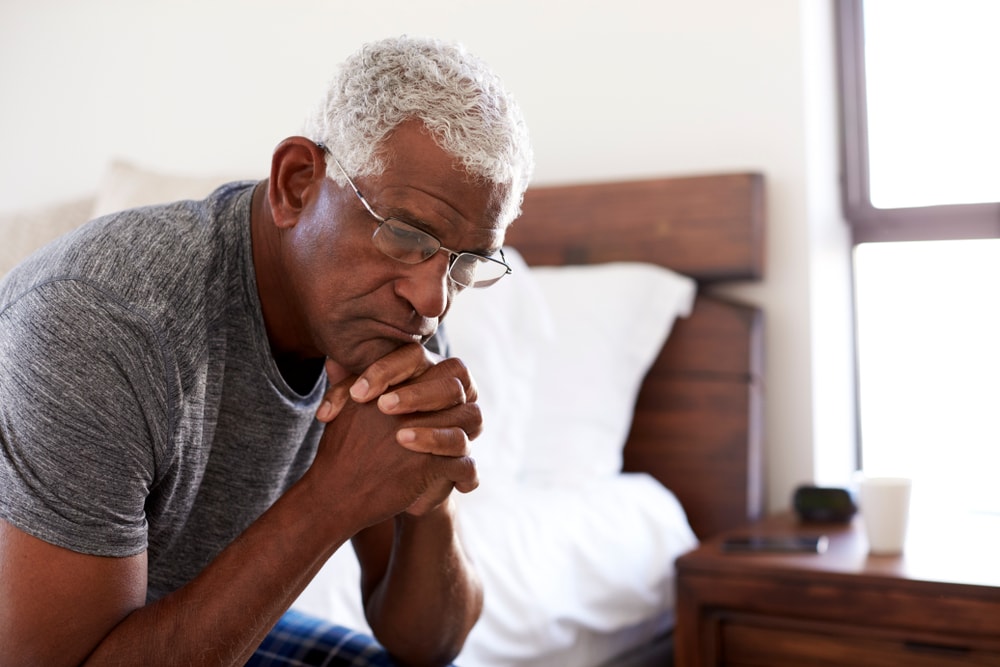
Often, the loss is something people don’t know how to talk about, so it’s generally unacknowledged or avoided (miscarriage is a perfect example) unless you find someone who has gone through the same type of loss. Other times, the loss surrounds something that people don’t think is as significant as other forms of loss. For instance, “Why are you grieving the loss of your stuff when people died in that natural disaster?” Yes, it’s the loss of material possessions, but it’s still a loss of comfort, peace, memories, and perhaps of home and livelihood. That’s significant and valid. Feeling grief over the loss of possessions doesn’t mean you don’t mourn the loss of the people – you can feel both at the same time.
#3 – Stigma Surrounds the Loss
The final bucket relates to losses that are surrounded by stigma in some way, often stemming from the method of death. You feel unable to fully grieve because of the circumstances of the loss. A few examples include suicide, drug overdose, AIDS, murder, or the driver in a drunk driving incident. It could also be grieving someone who is incarcerated, missing, dealing with a mental illness, or who has run away.
The loss could also be stigmatized because the relationship before the loss was not recognized. For example, the death of an ex-spouse could be doubly disenfranchised because the relationship is unrecognized and may also be stigmatized, especially if things are still unresolved between the two parties and their families.

Overall, disenfranchised grief means that what you’re feeling isn’t accepted by someone you deem important. This could be society as a whole, family, friends, or even yourself. After all, you can convince yourself that you have no right to grieve this loss. Unfortunately, that attitude won’t stop the feelings or help you work through them. You may feel judged or criticized by others for your grief, making you feel alone, embarrassed or ashamed. So, what can you do?
Three Suggestions to Help You Move Toward Healing
First of all, if you are going through disenfranchised grief right now, you’re not alone and your grief is valid. You have nothing to be ashamed of or embarrassed about. Grief is a natural response to the losses in our lives – no matter what form that loss takes. Now, let’s talk about three suggestions for moving toward healing as you work through your disenfranchised grief.
Validate the Loss Within Yourself
While it’s helpful to have others validate your feelings, it’s not necessary to move toward healing. The most important thing is for you to realize – within yourself – that your feelings of grief are real and legitimate. It’s okay if the people around you don’t fully understand. The most important person to validate your loss is you. Work toward acknowledging that you feel what you feel and it’s all part of the grief journey.
An important note – the grief that children feel is often overlooked or unacknowledged, so take extra effort to listen, validate their feelings, and offer support to the children in your life who are grieving.
Find Supportive People
As you work toward fully realizing and accepting that your loss is valid and worth grieving, find supportive people to talk to and do life with. You need people who won’t minimize your feelings but will accept and support you wherever you are on the grief journey. You might start with an understanding close friend or family member. Additionally, consider sitting down with a support group or a therapist. Sometimes, you just need to talk with people who understand what you’re feeling and can help you identify it. Once you’ve named your emotions, you can better communicate your feelings to the other people in your life.
If you’ve been dealing with disenfranchised grief for a while, then you might strongly consider talking with a grief counselor or therapist. They can help you understand your feelings, realize that it’s okay to grieve, offer a safe place to express yourself, and provide resources that will help you move toward healing.
Participate in Healing Rituals
Dr. Alan Wolfelt, a nationally recognized grief counselor, author, and educator, often says “When words are inadequate, have a ritual.” Normally, when we lose a person we love, we have a funeral or memorial service to honor and remember them. However, with disenfranchised grief, you may not have the opportunity to attend a funeral. And if you’ve lost something else, a funeral isn’t feasible. However, the principle remains the same – you can participate in healing rituals to help you engage with your feelings and begin to release them in a healthy way.
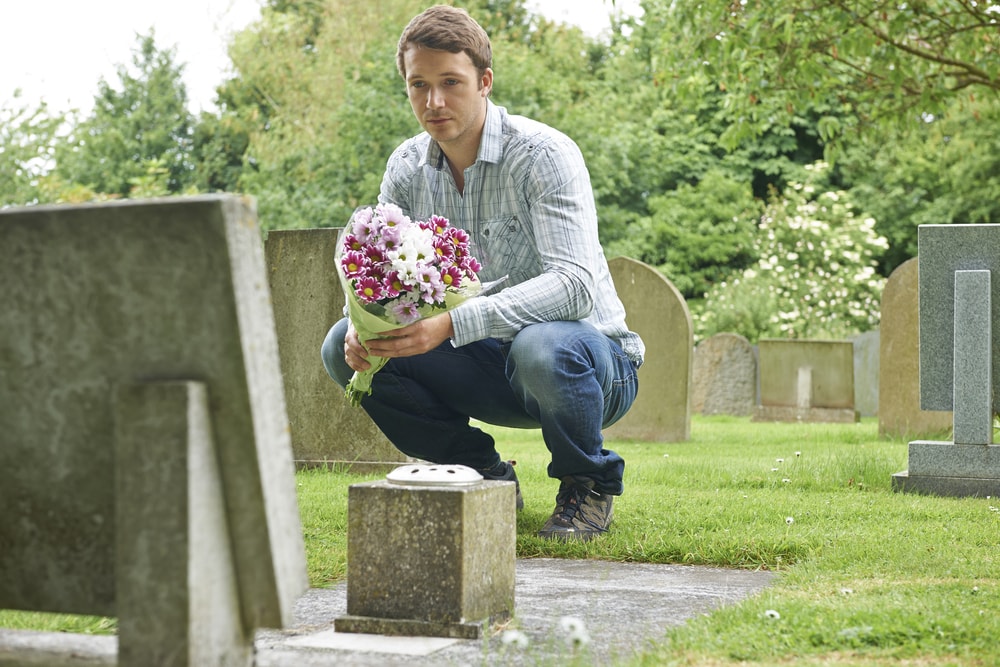
While there may not be an official ritual available, you can create your own. Box up your ex’s belongings to symbolize that the relationship is over. Write a letter to say all the things you left unsaid. Light a candle or plant a tree in memory of the person. Make a collage of photos. If you’ve lost your home, write down memories you cherish from that time of your life and reminisce. Hold your own memorial. Create a memory box or book with mementos and reminders. Visit the final resting place. Use your creativity to process through your feelings. And the list goes on. Find a ritual that speaks to your needs and do it.
Processing grief is hard work, but it’s so important to your quality of life moving forward. Unaddressed grief can lead to many debilitating concerns, including depression and mood swings. Instead of listening to those who might try to minimize your grief, take time to listen to your feelings, surround yourself with supportive people, and find a way to participate in healing rituals. Whatever grief you’re feeling, no matter what kind of loss you’ve been through, it’s real, it’s legitimate, and you have a right to grieve and find hope for the future.


